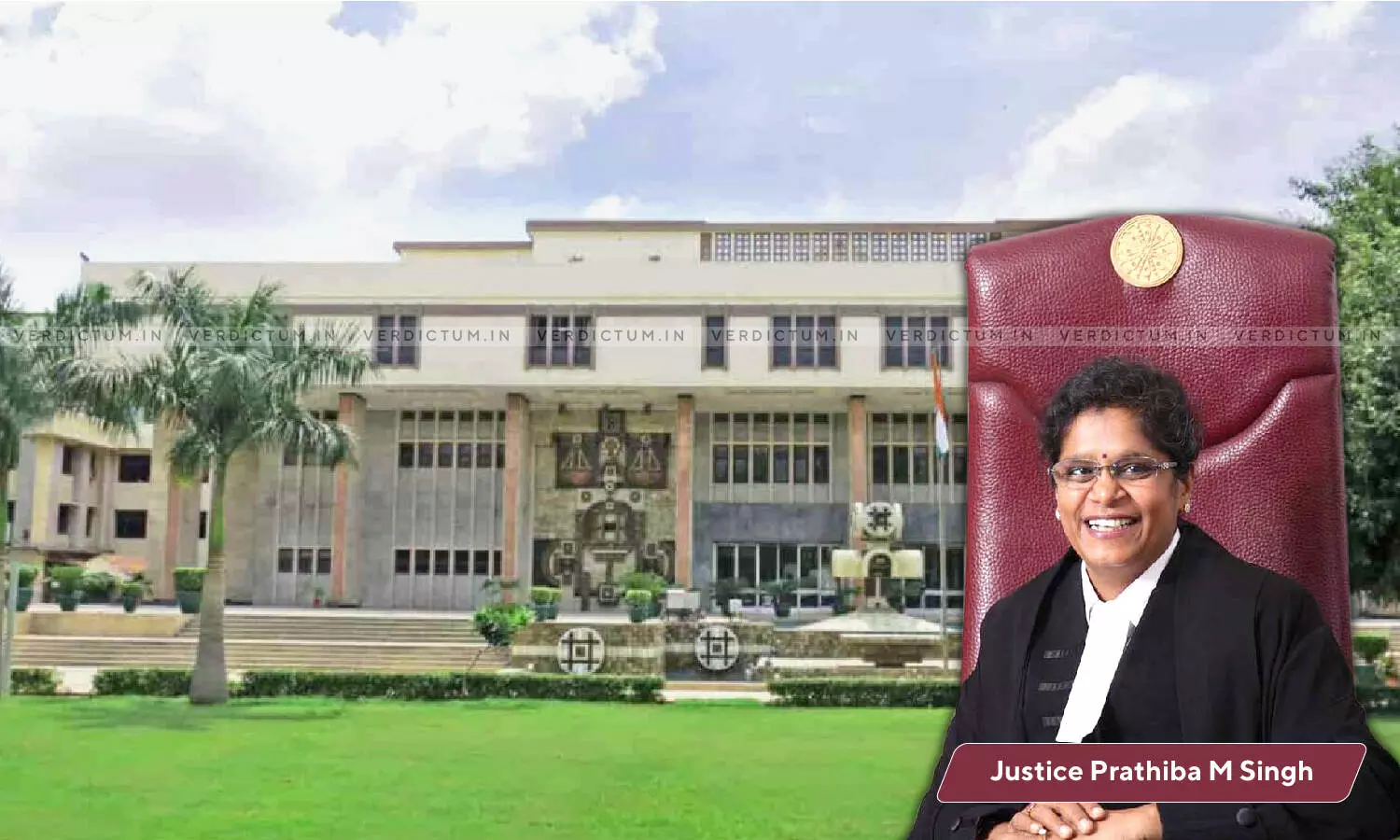
Disputes Relating To Lock-in Periods That Apply During Subsistence Of Employment Contracts Are Arbitrable: Delhi HC
 |
|The Delhi High Court has observed that disputes relating to lock-in periods that apply during the subsistence of employment contracts are arbitrable in terms of the Arbitration and Conciliation Act, 1996.
In that context, the Bench of Justice Pratibha M Singh observed that, "the law with regard to covenants in employment contracts is settled. The lawful and reasonable covenants which are operative during the term of employment are valid and enforceable. Such covenants are not in violation of the fundamental rights as provided in the Constitution of India. In the present cases, this Court holds that reasonable lock-in periods in employment contracts that apply during the term of employment are valid in law and do not violate Fundamental Rights as enshrined in the Constitution of India. Hence, in the opinion of this Court, disputes relating to lock-in periods that apply during the subsistence of employment contracts, are arbitrable in terms of the Act, 1996."
Lily Packers Pvt. Ltd. filed a petition under Section 11(6) of the Arbitration and Conciliation Act, 1996, to establish an Arbitral Tribunal based on the Service Employment Agreement dated April 16, 2022. Lily Packers, a company dealing in manufacturing and trading corrugated packaging and outsourcing materials, had employed the respondent as a fashion designer for its 'De Belle' division. The employment agreement included terms related to salary, working hours, a three-year lock-in period, confidentiality, and data protection.
Despite agreeing to a three-year lock-in period, the respondent went on leave on June 14, 2023, and did not return, completing only one year and two months of her term. Lily Packers raised concerns about possible breaches of confidentiality, intellectual property, and data protection. They issued a notice on June 21, 2023, invoking arbitration under the Act.
The respondent responded on July 18, 2023, denying the allegations and refusing arbitration, citing harassment and humiliation. Consequently, Lily Packers sought the appointment of an Arbitral Tribunal.
The Court observed that, "the Petitioner is interested in protecting its confidential information as also wishes to seek damages from the Respondents. These are disputes within the four-corners of the respective employment agreements entered into between the parties."
In light of the same, it was held that the dispute at hand was arbitrable.
Cause Title: Lily Packers Private Limited vs Vaishnavi Vijay Umak (Neutral Citation: 2024: DHC: 5115)
Click here to read/download the Judgment